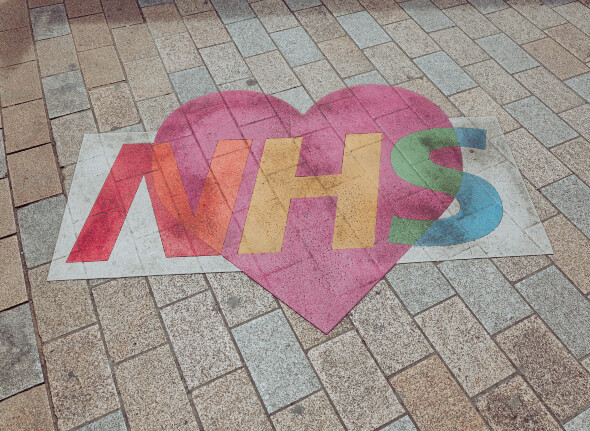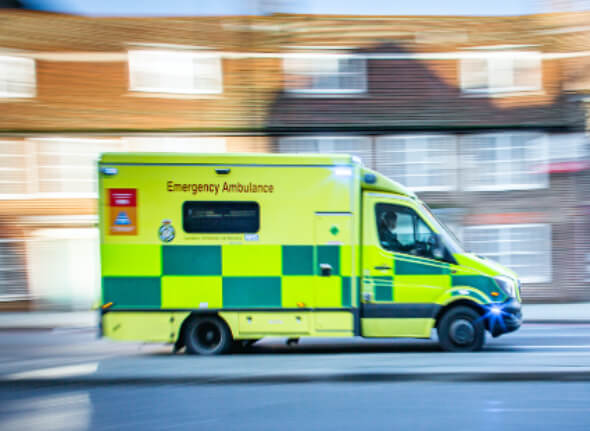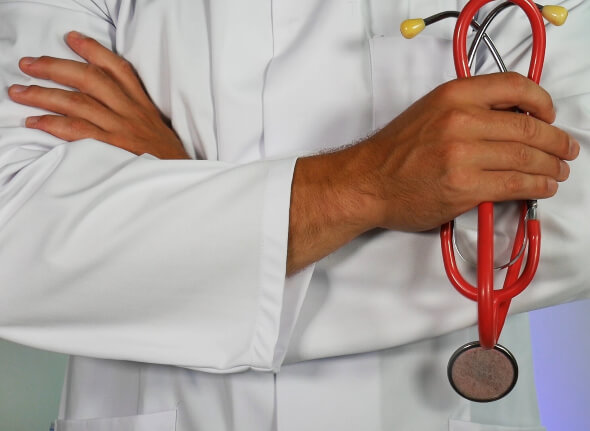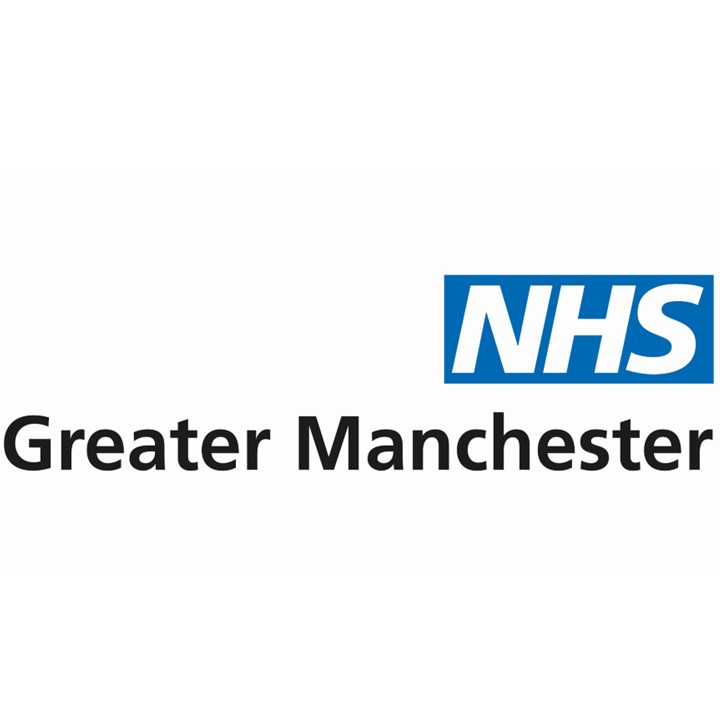How do I get medical help?
Is it an emergency, or do you want to talk to a doctor or dentist? Find out how.


I need medical help right now!
What support you get, and where you go to get it, will depend on how severe your injury or condition is. Find out about different urgent and emergency care services.
If you think it is an emergency, have a look at this checklist to see if you should call 999. The checklist is split up into different sections for adults and children, so make sure you’re looking at the right part. If you’re not sure what to do, you can use the online 111 service to get advice. You will need to answer a few simple questions about the symptoms. The service can be used to help anyone aged five and over. Alternatively, you can call the service by dialling 111, but this might take longer than going online.

Getting help from a doctor (General Practitioner) or a dentist
Your age will affect the choices you have when getting help from a family doctor (also known as a General Practitioner, or GP) or a dentist.
I’m under the age of 16
You can contact a medical professional and seek medical appointments without your parent’s knowledge or consent (known as Gillick Competency), although you may not be able to register without having a discussion with your parent(s) or guardian(s). You can find out more about visiting the doctor alone by reading this information from Trafford YouthWatch. GPs also cannot tell your parents about your treatment (even if you are under 16) if you don’t want them to, apart from in very exceptional circumstances. This is called doctor-patient confidentiality, and all doctors and nurses are legally bound by it.
Aged 16 or older
You have the same right to consent to medical treatment as any other adult, which can only be ruled over in exceptional circumstances. You are very likely to already be registered with a doctor and dentist at the point you turn 16, but you might want to register with a new one if you move to a different area. This could be if you move home, or need to move for work or study.
Registering with a General Practitioner or Doctor’s Surgery
Most doctors, or General Practitioners (GP) work as part of a local group, out of a building called a surgery. To be able to use one, your first step will be to find a doctor who lives in an area that you can get to. You can use this online service to put in your postcode to see which surgeries are nearby. For many of them, you can apply directly through the service to register, or go to their linked website to fill in a form. If for some reason you’d prefer to register with a GP further away, check here for advice on how to do this.
You don’t need any information to register with a doctor’s surgery, although they may ask for some as it could help check if you live in the area or get access to your previous medical records. Read more information here about how to register, and what happens if you are refused.
Registering with a dentist
You might have read that there is a shortage of NHS dentists. This might mean that you find it harder to find a dentist near you, or go onto a waiting list. You can find out more here about how to register for a dentist, and what you can do if you can’t find one with the space to take you.

“Knowing when and how to access healthcare advice can be confusing and worrying sometimes. There are lots of local resources available to help you plan ahead if and when you need it urgently.”
How much will it cost?
In Greater Manchester, healthcare is provided to everyone through the NHS. For many people (and especially those aged under 16) healthcare is free of charge. Find out more about which services are free and which might need to be paid for.
Dental services can be more expensive, although for people under 18, or under 19 and in full time education they are free. There are other circumstances when dental services are free, for example if you are receiving low-income benefits. Read here for more information about when dental services are free.
Finally… don’t forget that you can use a pharmacy to get help
Pharmacists are able to give a lot of advice and help, such as on the medicines you are taking, to test your blood pressure or go give a flu vaccine. They can also give treatment for some conditions like a sore throat or infected insect bites.
The kind of help and advice you can get will vary, and it’s worth a check here to find out what support you can get from different pharmacies. You usually don’t need an appointment. Find a pharmacy near your location really easily by putting your postcode into this NHS website.
Related

I want some ideas to get moving!
[rt_reading_time...

How to start running for the first time
[rt_reading_time...

